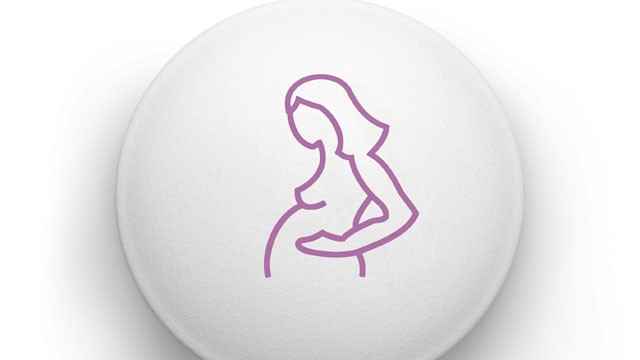by Susan Dammann, Medical Specialist, LAS

On April 9, the U.S. Food and Drug Administration approved the morning sickness drug Diclegis, 30 years after it was pulled from the market due to concerns that it caused birth defects.
Diclegis is a delayed-release tablet, a combination of doxylamine succinate, an antihistamine, and pyridoxine hydrochloride, a form of vitamin B6, and is used to treat pregnant women who have not responded well to other means of dealing with morning sickness.
Although both substances have been prescribed separately for several years, this combination is an extended release formula, intended to stop the morning sickness before it begins. Sometimes the conservative treatment of eating smaller meals, eating low fat or bland foods which are easier to digest, and avoiding smells that can trigger nausea are not adequate in controlling the symptoms of morning sickness.
According to the FDA’s press release announcing its approval, the recommended starting dosage of Diclegis is two tablets at bedtime. However, “[if] symptoms are not adequately controlled, the dose can be increased to a maximum recommended dose of four tablets daily (one in the morning, one mid-afternoon and two at bedtime).”
An article printed in Medscape from WebMD tracks the history of Diclegis, particularly why it was first pulled from the market 30 years ago and what has changed to allow the drug to hit the market again, which is expected to take place in May.
Diclegis was previously sold in the United States under the brand name Bendectin between 1956 and 1983, but it was pulled from the market because of litigation about birth defects. Although ongoing research has shown that the concerns were unsupported, the drug's previous maker, Merrell Dow Pharmaceuticals, declined to keep making the drug because of the high costs of defending it.
Edward McCabe, MD, medical director for the March of Dimes, told the Associated Press that the birth defect rate was the same among women who used the drug as in those in the general population, creating the false impression that the drug caused the birth defects. "Nothing better has come along" to treat morning sickness in the 30 years since it was taken off the market, Dr. McCabe said. The FDA at the time continued to call the drug safe.
Though Diclegis has been researched, the fact remains that we do not know what effects this drug may have once it hits the general population. Therefore, it should probably be reserved for more severe cases.
Heartbeat recommends that you research and discuss this medication with your medical director, and develop your center’s policy for advising and assisting clients who experience severe morning sickness symptoms.

